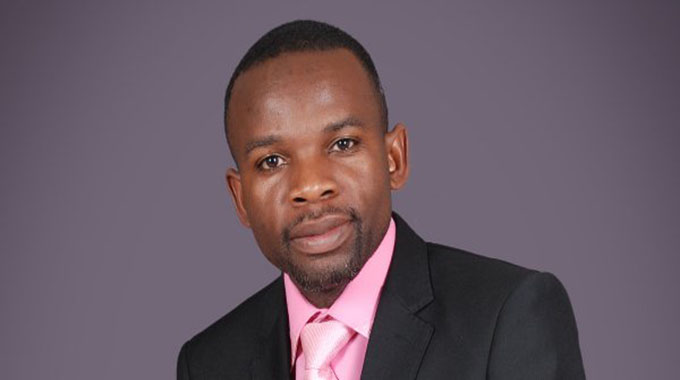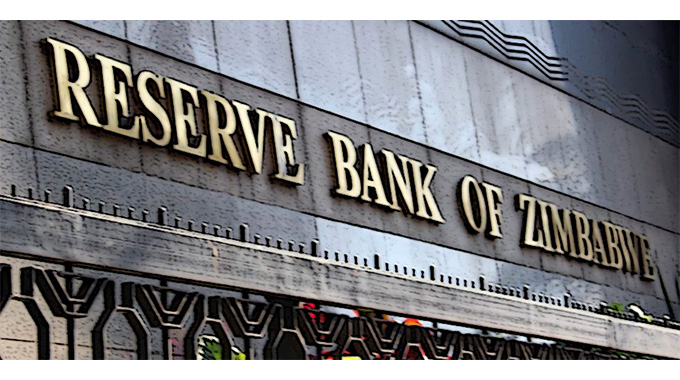The Chronicle

Harare Bureau
SALARIES for civil servants are set to go up markedly after the Government allocated the biggest chunk of the 2023 National Budget towards the public sector wage bill to cushion workers from the negative impact of global and domestic economic shocks and price increases.
Presenting the $4,2 trillion National Budget for 2023 at the new Parliament Building in Mt Hampden yesterday, Finance and Economic Development Minister Ncube said the prevailing economic stability was expected to prevail with inflation and exchange rate expected to remain stable.
Minister Ncube, whose budget has been described as people-centred, said the employment cost would account for 52,4 percent of the total expenditure for 2023, a marked increase from 42,3 percent this year.
With prices of goods and services expected to remain relatively stable, the value of civil servants’ incomes will likely not be in danger of getting eroded by inflation as monthly inflation rate is expected to be between 1 and 3 percent next year, Prof Ncube said.
He said nearly 50 percent of the public employment costs will go towards salaries and allowances of health and education workers to curb high staff turnover.
“The 2023 National Budget has a provision of $2,2 trillion for employment costs, inclusive of grant-aided institutions and pensioners, medical aid and pension contribution,” he said.
“This amount includes $659,4 billion and $336,5 billion for the salaries and allowances for education and health sectors, respectively,’’ he added.
Minister Ncube said the health sector was facing high staff turnover, with an overall vacancy rate of 13 percent more pronounced among the specialist doctors’ categories.
“The high turnover of health personnel is compromising the provision of health services in the public sector,” he said, adding the Government was addressing the challenge through monetary and non-monetary incentives to retain critical personnel.
There have been growing calls to improve the remuneration and incentives of civil servants, particularly from the health and education sectors, for them to live decent lives.
Mr Alex Nyamungudu, a teacher at a Harare school, described the move by the Government as a “nice gesture that deserves the appreciation” of the public workers.
“Of course, people would say we want more or we deserve more, which might be a genuine proposition but this (development) is quite commendable. “For me, it is a process and this effort must certainly be appreciated. However, we pray the current stability will be maintained to avoid incomes getting eroded by inflation.”
Economist Professor Gift Mugano applauded Minister Ncube for “reasonable” allocations to civil servants, particularly the health and social sectors.
 Dr Gift Mugano
Dr Gift Mugano“These are key social sectors that provide the framework for human capital development, a key pillar of the National Development Strategy 1,” said Prof Mugano in an interview.
To sustain economic stability, the Reserve Bank of Zimbabwe (RBZ) will maintain a tight monetary policy stance to ensure a stable exchange rate and inflation, Prof Ncube said.
 Reserve Bank of Zimbabwe (RBZ)
Reserve Bank of Zimbabwe (RBZ)Zimbabwe has enjoyed more stable macro-economic conditions since the beginning of the second half of the year after the Government rolled out measures to tame hyperinflation and stabilise the exchange rate.
The measures included freezing payments to the Government contractors accused of manipulating currency, raising interest rates to curb speculative borrowing and introducing gold coins as an alternative investment instrument to mop up excess money.
At the time these measures were introduced in July, the monthly inflation rate was 16,1 percent and has since eased to 3,2 percent for the month of October, 2022.
Similarly, the parallel markets exchange rate has stabilised at around 750 for US$1 and is now almost converging with the official exchange rates (interbank and auction rates).
Prof Ncube said the move by the RBZ to raise interest rates in line with inflation had “significantly” reduced speculative borrowing and brought stability to the exchange rate market.
“This policy position will be maintained going forward, while continuous review of the policy rate by RBZ will be undertaken, in line with exchange rate and inflation developments.”
He said the central bank would use “all tools at its disposal” to lower exchange rate depreciation and higher inflation expectations to preserve local currency value, reduce market liquidity and contain foreign currency demand on the parallel market.
“The overriding objective of the 2023 Budget of entrenching macroeconomic stability, will accelerate economic transformation by promoting a conducive business environment that facilitates savings and investment, as well as enable long term planning.
“Strong collaboration and complementarity between fiscal and monetary policy measures seek to entrench macroeconomic stability, with additional measures being implemented to keep market liquidity under control and accelerate the disinflation path, with the broad objective of achieving single digit inflation and a stable exchange rate,” he said.
With many transactions now being in foreign currency, the Intermediated Money Transfer Tax (IMTT) on domestic foreign currency transfers has been reduced to 2 percent.
To promote the use of local currency in domestic transactions, the Government increased Intermediate Money Transfer Tax on domestic foreign currency transfers from 2 percent to 4 percent.
But some entities are now preferring to settle transactions in cash instead of electronic transfers. Minister Ncube has proposed to align the IMTT on foreign currency transactions to local currency transactions at 2 percent from January 1, 2023.
The Government would review other measures to strengthen the foreign currency system, including the 20 percent surrender requirement for domestic forex transactions.
The economy is now projected to grow by 3,8 percent in 2023, driven by mining, construction and agriculture. Favourable international commodity prices, normal to above-normal rainfall, stable power supply, tight monetary and fiscal policies; and continued use of the multi-currency are further expected to support this growth rate.
The average growth rate for the period 2021-23 is however, estimated at 5,4 percent, in line with the National Development Strategy 1 target. In the medium term, economic growth is projected to improve to about 4,8 percent and 5 percent in 2024 and 2025, respectively.
 National Development Strategy 1 (NDS1)
National Development Strategy 1 (NDS1)Foreign currency-denominated bonds would be issued to raise funding for infrastructure while social protection programmes for vulnerable people would be maintained.
Minister Ncube said the provisions of decent, inclusive and sustainable social protection services were key to improving access to basic social services by vulnerable groups.
“The Government will, therefore, continue to provide social protection services through its mainstream programmes, namely the harmonised social cash transfer, food deficit mitigation programmes, basic education and health assistance, child protection services, support to the elderly and persons with disabilities,” he said.
The fiscal deficit has been maintained at 1,5 percent of the gross domestic product, with strict control on consumptive expenditures to create fiscal space for development expenditures and provide resilience against adverse external shocks.
Minister Ncube said the budget also prioritised developmental outlays that improve the reliability of public services and enablers such as electricity, water, transport and housing.
Appropriate pricing of public goods and services, such as telecommunication charges, electricity, water and fuel, will be considered, based on affordability and the user-pay-principle, in order to increase viability and reduce the subsidy burden on the fiscus.
The Value Added Tax, which was reduced to 14,5 percent to cushion consumers from the impact of Covid-19 has been increased to 15 percent with effect from January 2023.
Article Source: The Chronicle
